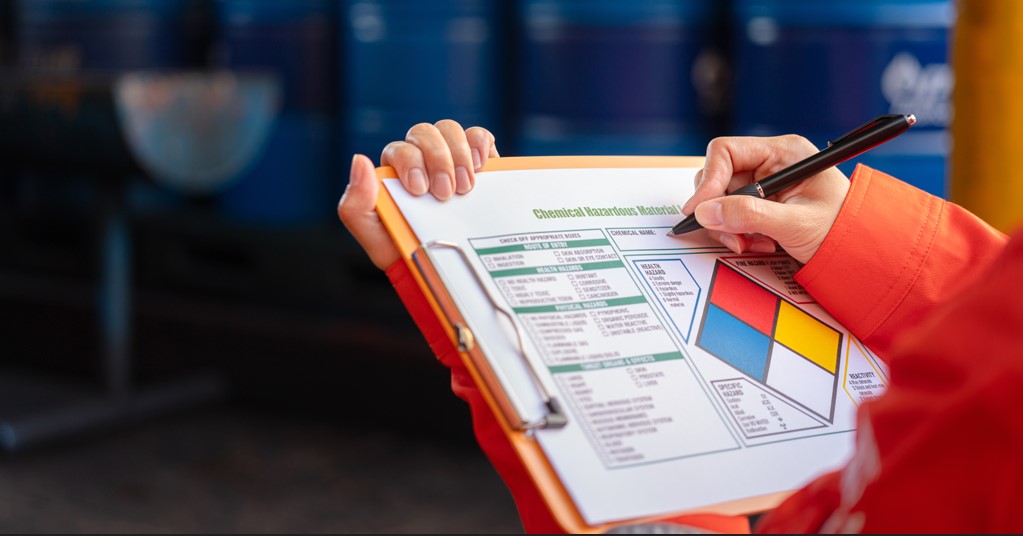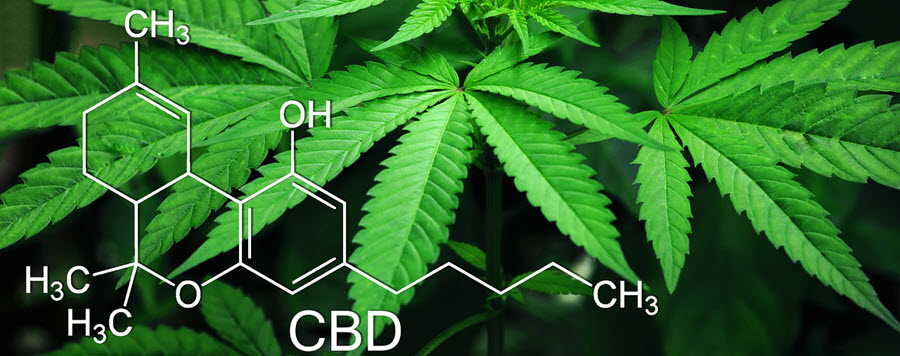
A Discussion of Legal Marijuana and Workplace Safety

At the ASSP Safety 2019 conference, a panel discussed legal marijuana and workplace safety. Widespread marijuana and CBD legalization in the U.S. has created a “crazy quilt” of laws across 33 states and the District of Columbia, with courts working to interpret them. Marijuana is still illegal under Federal law. The big question at ASSP was, “How can a safety professional or employer conduct a test to prove a worker is impaired by marijuana?” The panel’s answer: There is no test.
So what can employers do? Focus on detecting and responding to impairment, regardless of the cause, rather than focusing on whether marijuana is causing it, advised one panelist. “It’s really about safety. It’s not about the substance,” he said. This is from a report of the panel discussion published by OH&S.
What About CBD?
Cannabidiol (CBD) products, which are derived from hemp and promoted for pain relief and many other uses, are another trouble spot. The government’s position on CBD is confusing, and depends in part on whether the CBD comes from hemp or marijuana. If CBD products contain no THC, they should not cause impairment and should not impact workplace safety. But a recent FDA hearing on CBD products shows there are no clear answers there, either. A wide variety of CBD products are available commercially, but they are sold in the U.S. as dietary supplements, not medications, so none are regulated by the FDA and their contents can vary widely.
Last year’s federal legalization of hemp and its derivatives such as CBD has prompted multiple federal agencies to clarify their drug policies. The Federal Aviation Administration (FAA) recently issued an advisory clarifying that pilots who test positive for THC are disqualified from certain certifications, even if the result is from trace amounts in CBD products or if they use marijuana in a state where it’s legal.
What Can Employers Do?
Asked what workplace safety professionals in the audience should advise their senior management to do about legal marijuana and workplace safety, one panelist said, “If you have a drug and alcohol policy, change it to a ‘fit for work’ policy,” that defines what fitness for work is and identifies safety-sensitive positions at the company. Managers must be trained to recognize impairment.
Another recommended creating a “see something, say something” workplace safety culture and one where workers will help one another, which will help prevent cover-ups.
“Keep on top of the laws. They are changing as we speak,” advised a Canadian panelist. Canadian employers are much less free than U.S. employers to conduct pre-employment or random drug tests. Yet Canada has legalized both medical and recreational marijuana. It looks like legal marijuana and workplace safety will be a topic for years to come.
The panelists included attorneys, safety advisors, a doctor and a cannabis industry representative.

